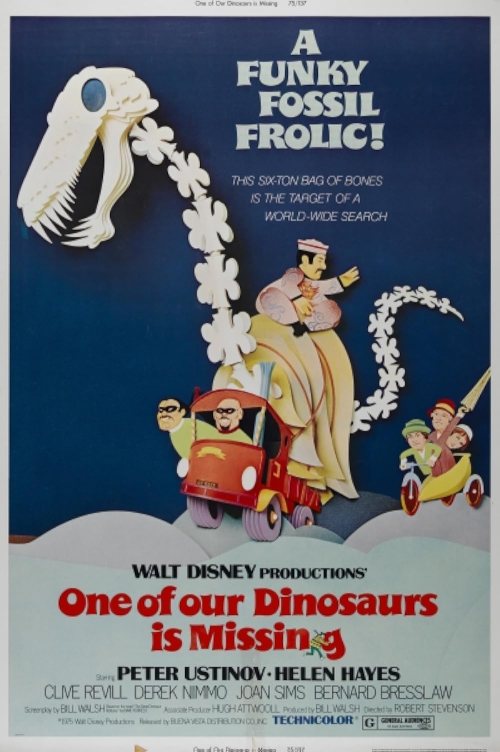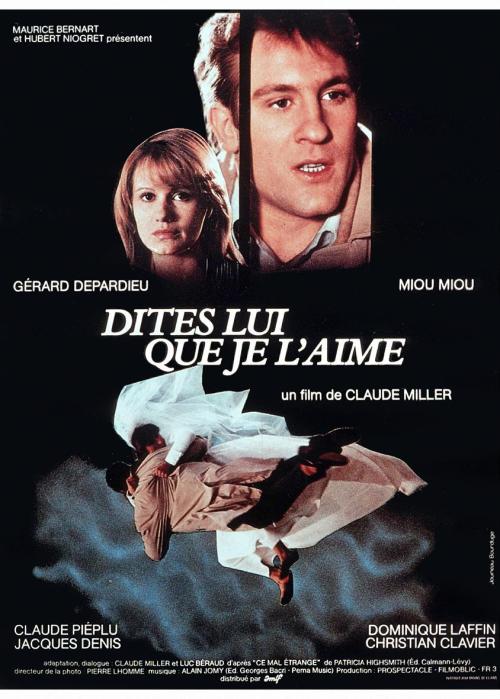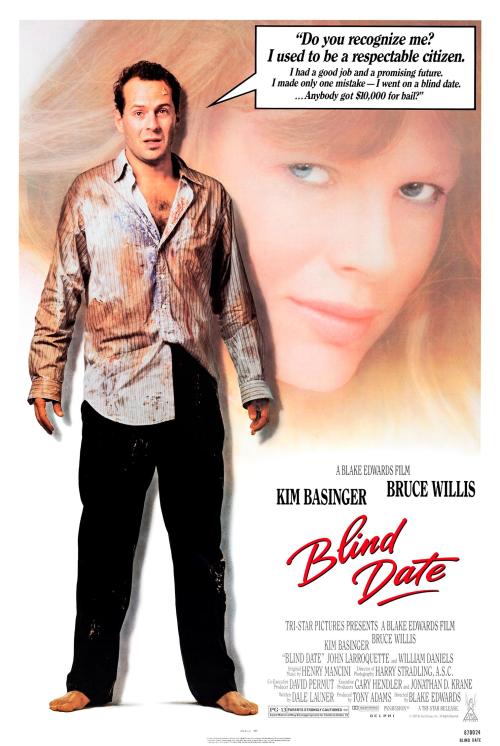
By Richard Winters
My Rating: 3 out of 10
4-Word Review: Nannies to the rescue.
Lord Southmere (Derek Nimmo) is on the run from Chinese spies lead by Hnup Wan (Peter Ustinov) after he gets his hands on a microdot that carries top secret information. After escaping the clutches of an assassin disguised as a chauffeur he runs into a nearby building, which happens to be the Natural History Museum. It is there that he hides the microdot in the skeleton of a dinosaur that’s on display. He then bumps into Hattie (Helen Hayes) who used to his nanny and is taking a tour at the museum with other nannies. Southmere tells Hattie about the microfilm inside the dinosaur just before he faints and is captured by the Chinese. Hattie then takes it upon herself, along with her nanny friends Emily (Joan Sims) and Susan (Natasha Pyne) to retrieve the important hidden document and take it to the proper authorities.
The film is based on the 1970 novel of the same name written by David Eliades and Robert Forrest Webb, but with many changes. The book took place in the 70’s in New York City while in the movie the setting is 1920’s London. The book was also intended for an adult audience and had sex and violence in it, which got taken out for the movie, which angered the authors, who later disowned the film, as they felt the plot got too ‘dummied-down and sanitized’ in an effort to appease children viewers.
The movie really has only two amusing moments. One is where the group of nannies get on the tall skeleton of the dinosaur to search for the microfilm, which from simply a visual perspective is goofy to see and most likely will elicit a few chuckles. The second is when Hayes and company steal the dinosaur on the back of a steam lorry and the spies give chase throughout the streets of foggy London, which offers some moments of humorous reaction shots from bystanders. Otherwise there isn’t much else going for it. The opening bit that supposedly takes place in China clearly has an outdoor backdrop that is a painting and looks tacky like it was done by filmmakers that really didn’t have much heart in the material and didn’t care how cheap it came-off looking. The interior lighting is dark and dingy and having the whole plot revolve around the extreme coincidence of the protagonist bumping into his childhood nanny at the most opportune time is a bit much.
The film’s main controversy, at least by today’s standards, is Ustinov’s portrayal of a Chinese spy. To his credit he at least puts more energy into it than he did as Charlie Chan in the 80’s film Charlie Chan and the Curse of the Dragon Queen, where he seemed noticeably uncomfortable and just phoning-it-in. Yet even here nothing his character says or does is funny. The humor is intended to come from the broad caricature, which along with his sing-song sounding delivery quickly becomes tiring. Clive Revill, another white European, also gets into the Asian get-up as Quon Ustinov’s chief rival, but he proves to be just as bland. Why they needed to be Chinese at all is hard to answer as they could’ve easily been Russian, or German and might’ve been better had they taken that route.
Hayes for her part is engaging. Most people think of her as just being this sweet old lady of which she’s the perfect caricature, but here she gives her character a feisty side. I enjoyed seeing her strut, which is far funnier than anything Ustinov does and without even hardly trying. Her ordering the other nannies around like they’re on a big-time mission and her interactions with Natasha Pyne, who plays her polar opposite as this naive and fun-loving youth who approaches the whole thing as some cool diversion, are the only things that help keep it mildly watchable.
The twist ending may make it worth it to some, but overall it’s a second-rate Disney effort that’s so poorly shot and dated. I can’t imagine any kids today could get into it. It seems like the only fans of the film were simply kids back in the 70’s who saw it then and now enjoy watching again simply for nostalgic reasons, but everyone else won’t be missing much if they decide to skip it.
My Rating: 3 out of 10
Released: July 9, 1975
Runtime: 1 Hour 34 Minutes
Rated G
Director: Robert Stevenson
Studio: Buena Vista
Available: DVD (Region 2), Amazon Video, YouTube







